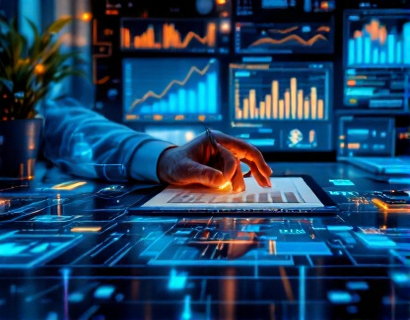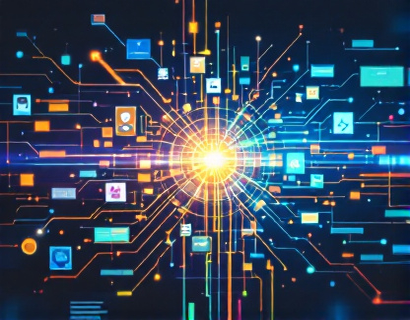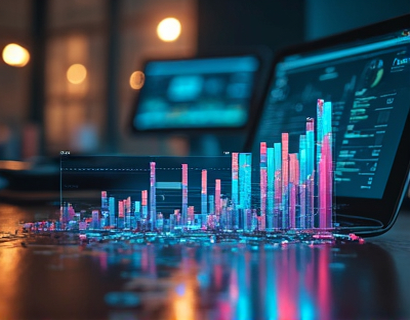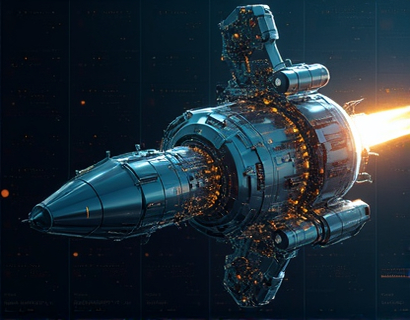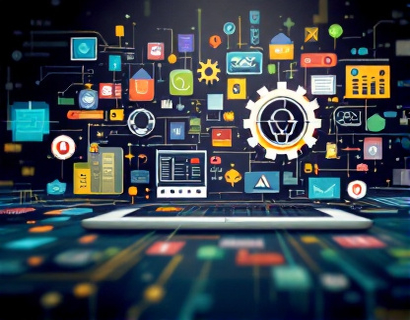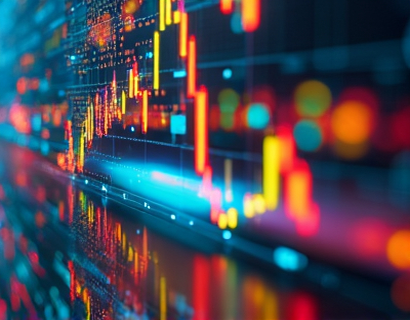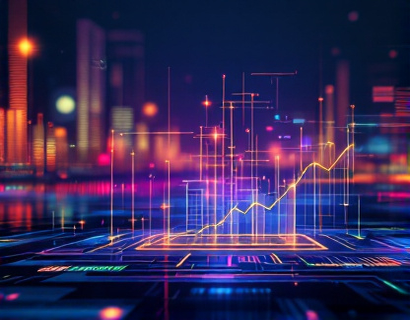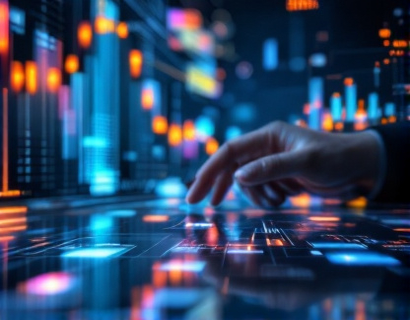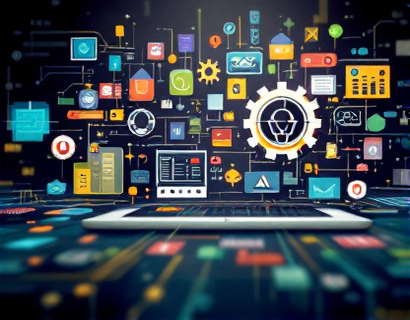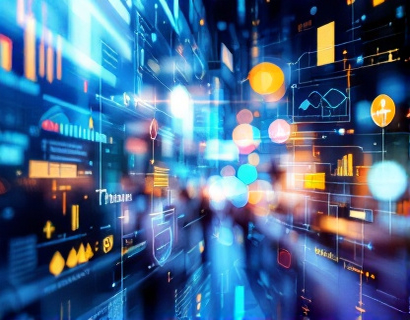The Convergence of AI and Crypto: Shaping the Future of Finance and Technology
The integration of artificial intelligence (AI) and cryptocurrency is revolutionizing the landscape of finance and technology. This convergence, often referred to as TechFinance, is giving rise to innovative solutions that enhance user experiences and set new industry standards. As crypto enthusiasts and tech-savvy innovators continue to explore the potential of these technologies, the synergy between AI and crypto is becoming increasingly evident.
The foundation of this transformation lies in the unique capabilities of both AI and cryptocurrency. AI, with its advanced algorithms and machine learning, brings a level of intelligence and automation that can optimize complex financial processes. Cryptocurrency, on the other hand, offers a decentralized, secure, and transparent medium for transactions, free from traditional financial intermediaries.
Enhancing Transaction Security and Efficiency
One of the primary benefits of combining AI and crypto is the enhancement of transaction security and efficiency. AI algorithms can analyze vast amounts of data to detect patterns and anomalies, significantly improving fraud detection and prevention. This is crucial in the crypto space, where security breaches can have severe consequences. By integrating AI-driven security measures, crypto platforms can offer users a more secure environment for conducting transactions.
Moreover, AI can streamline the transaction process by automating routine tasks such as order execution and risk assessment. Smart contracts, powered by AI, can execute transactions automatically when predefined conditions are met, reducing the need for manual intervention and minimizing the risk of human error. This not only speeds up the transaction process but also lowers costs, making crypto transactions more efficient and accessible.
Personalized User Experiences
The fusion of AI and crypto also opens up new possibilities for personalized user experiences. AI can analyze user behavior and preferences to provide tailored recommendations and services. For instance, a crypto trading platform can use AI to analyze a user's trading history and market trends to suggest optimal trading strategies. This level of personalization enhances user satisfaction and can lead to increased engagement and loyalty.
Additionally, AI-powered chatbots and virtual assistants can offer 24/7 customer support, addressing user queries and providing assistance in real-time. This not only improves the user experience but also reduces the workload on human support teams, allowing them to focus on more complex issues.
Market Analysis and Predictive Insights
AI's ability to process and analyze large datasets makes it an invaluable tool for market analysis and predictive insights in the crypto space. Traditional methods of market analysis are often limited by the volume and complexity of data. AI, however, can handle vast amounts of data from various sources, including social media, news articles, and transaction records, to identify trends and predict market movements.
These predictive insights can be crucial for investors and traders, helping them make informed decisions and optimize their portfolios. AI-driven analytics can also identify emerging trends and potential opportunities, giving users a competitive edge in the fast-paced crypto market. By leveraging AI for market analysis, crypto platforms can provide users with actionable insights that enhance their investment strategies.
Decentralized Finance (DeFi) and AI
The rise of Decentralized Finance (DeFi) has further amplified the impact of AI in the crypto ecosystem. DeFi platforms aim to create financial services that are open, transparent, and accessible to everyone, without the need for traditional financial institutions. AI plays a pivotal role in enhancing the functionality and efficiency of DeFi protocols.
For example, AI can optimize lending and borrowing processes by assessing creditworthiness and determining interest rates in real-time. This not only improves the accuracy of risk assessments but also makes financial services more inclusive. AI-driven risk management systems can monitor and adjust positions automatically, reducing the risk of significant losses. Additionally, AI can enhance liquidity management by predicting demand and supply dynamics, ensuring that DeFi platforms operate smoothly and efficiently.
Cross-Chain Interoperability
Another area where AI and crypto are converging is cross-chain interoperability. As the crypto landscape becomes increasingly fragmented with numerous blockchain networks, the need for seamless interaction between different chains is becoming paramount. AI can facilitate cross-chain transactions by intelligently routing assets and data across multiple blockchains, ensuring compatibility and efficiency.
AI algorithms can also optimize gas fees and transaction times by analyzing network conditions and selecting the most cost-effective routes. This not only enhances the user experience but also promotes the adoption of multiple blockchain networks, fostering a more interconnected and robust crypto ecosystem.
Regulatory Compliance and Trust
The integration of AI in the crypto space also addresses regulatory compliance and builds trust among users. Regulatory bodies are increasingly focusing on the crypto market, and compliance is becoming a critical concern for crypto platforms. AI can help ensure compliance by continuously monitoring transactions and user activities to detect and prevent illegal activities such as money laundering and terrorist financing.
AI-driven compliance tools can also generate detailed reports and audits, providing transparency and accountability. This not only helps platforms meet regulatory requirements but also reassures users that their transactions are secure and compliant. By leveraging AI for regulatory compliance, crypto platforms can operate with greater confidence and credibility.
Future Prospects and Challenges
The future of AI and crypto integration holds immense potential, but it also comes with challenges. One of the primary challenges is the need for robust and scalable AI systems that can handle the high volume of transactions and data in the crypto space. Ensuring the reliability and accuracy of AI algorithms is crucial to maintaining user trust and platform integrity.
Another challenge is the regulatory landscape, which is still evolving. As AI and crypto continue to mature, regulatory frameworks will need to adapt to address the unique aspects of these technologies. Collaboration between tech innovators, regulators, and industry stakeholders will be essential to create a balanced and supportive environment for growth.
Despite these challenges, the synergy between AI and crypto is poised to drive significant advancements in the finance and technology sectors. By leveraging the strengths of both technologies, the future looks promising for creating more secure, efficient, and user-friendly financial solutions.








